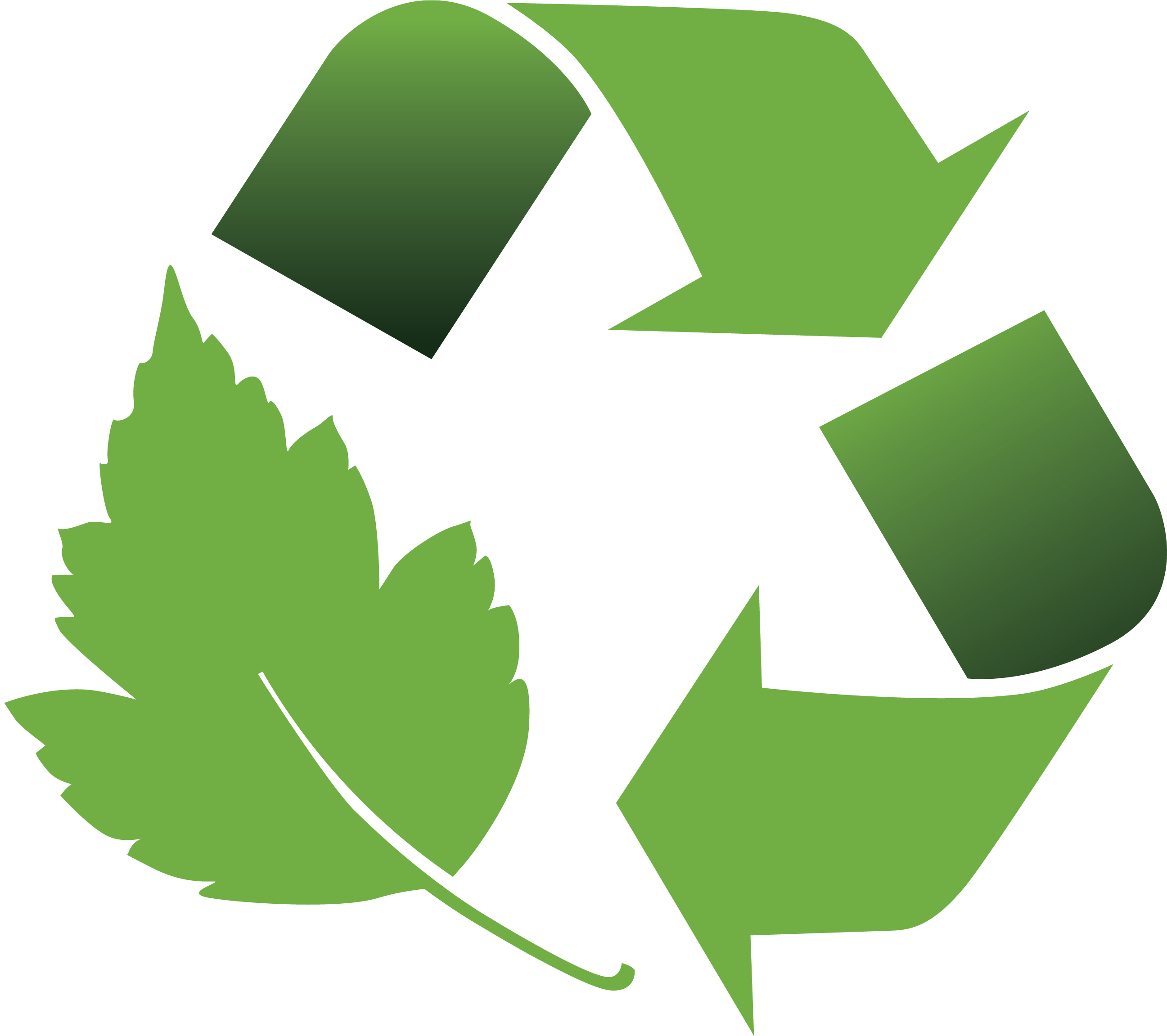Doing Business in California? You'll Want to Read This...

California’s Proposition 65 Requirements
The Safe Drinking Water and Toxic Enforcement Act - commonly known as Proposition 65 - was a law passed in California in 1986. It requires the state of California to publish a list of chemicals and/or toxins known to cause cancer or other birth defects at least once a year. Most citizens would agree that this act is logical, safe and and nearly undeniably positive. Not all companies feel the same way, however.
Next time you’re out and about at a store browsing items, look around for a yellow (or white) sticker. You may come to find that the product you were going to purchase contains a “chemical known to cause cancer”. Thanks to Prop 65, you can remain informed and aware of what you’re coming into contact with.
What’s on the List?
You may be wondering what’s on the Prop 65 list. Great question! To be honest, there’s far too many materials on the list to write out here. We’re going to highlight a few crucial ones within the jewelry industry, but you can read the entire document here.
As you well know, the jewelry industry contains clean and polished gemstones; the customer wants to see spotless merchandise. What everyone might not know is that the process these pieces undergo to arrive in their final pristine state is often dirtier than we’d like to believe.
Chromium, Lead, Nickel, Cadmium, Beryllium, and many of their various compounds have been found throughout the jewelry manufacturing process. These metals can all be found on the Proposition 65 list as causing either developmental or carcinogenic toxicities. Cyanides, acids, solvents, dusts, polishing compounds, solder, casting machines, plating solutions often contain chemicals listed on the Proposition 65 list as well.

What’s in the Box?
In addition to some of the chemicals found in the jewelry manufacturing process, retailers and distributors must be conscious of packaging and anti-tarnish materials. While the materials involved in the manufacturing process don’t often warrant the Proposition 65 warning sticker, many anti-tarnish products do.
For instance, Volatile Corrosion Protection incorporates any compound-releasing storage materials that attempt to stop the corrosion and oxidation of ferrous & non-ferrous metals.
VCP’s emit a vapor when stored in packaging. They coat the metal inside, forming a barrier. The compounds released by VCP’s are oily, ineffective at preventing corrosion and their ingredients are mostly unknown. As a matter of fact, other countries have banned the use of VCP’s due to the volatile chemicals they contain.
In the state of California, VCP’s often necessitate the presence of a Proposition 65 sticker due to their chemical components. Of course you’re entitled to your own opinion, but the way Intercept Technology sees it, this doesn’t speak to cleanliness or high quality.
Designed with Safety In Mind
The intention of Proposition 65 is to keep consumers informed. So long as they’re aware that a product they’re coming into contact with contains - even in trace amounts - a chemical that’s known to be carcinogenic, the act’s purpose is to be informed. Individuals can make their own decision on whether they want to purchase or use the product.
We’ve had customers reach out to us and ask if our anti-tarnish products comply with Proposition 65 in California. To which we respond, of course! Because they’re free from California’s Prop 65 list of chemicals, no such requirements are applicable. Safety is the utmost priority and you can rest knowing that your employees and customers are safe with Intercept hands.




